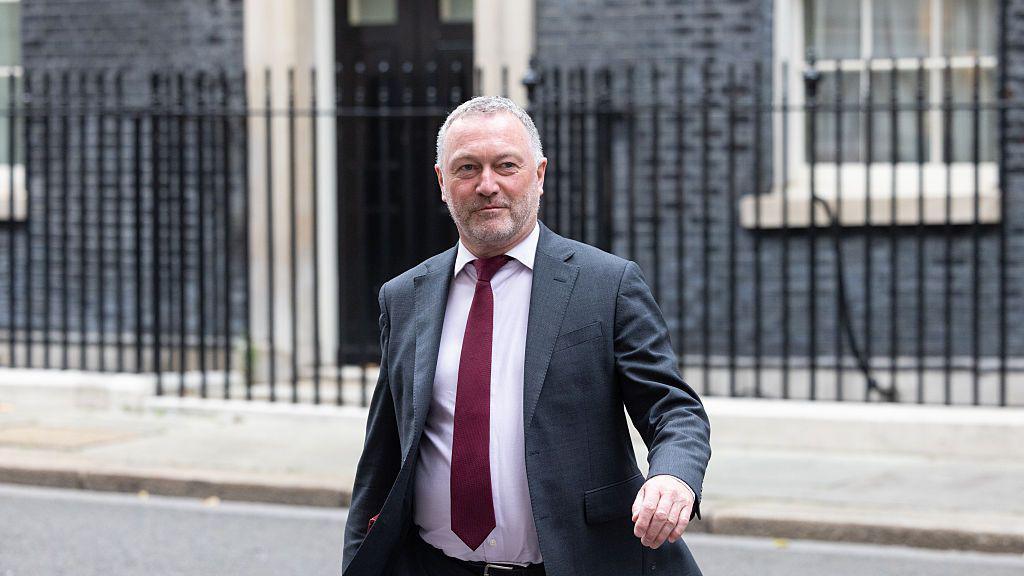Government urged to act 'swiftly' on illegal meat
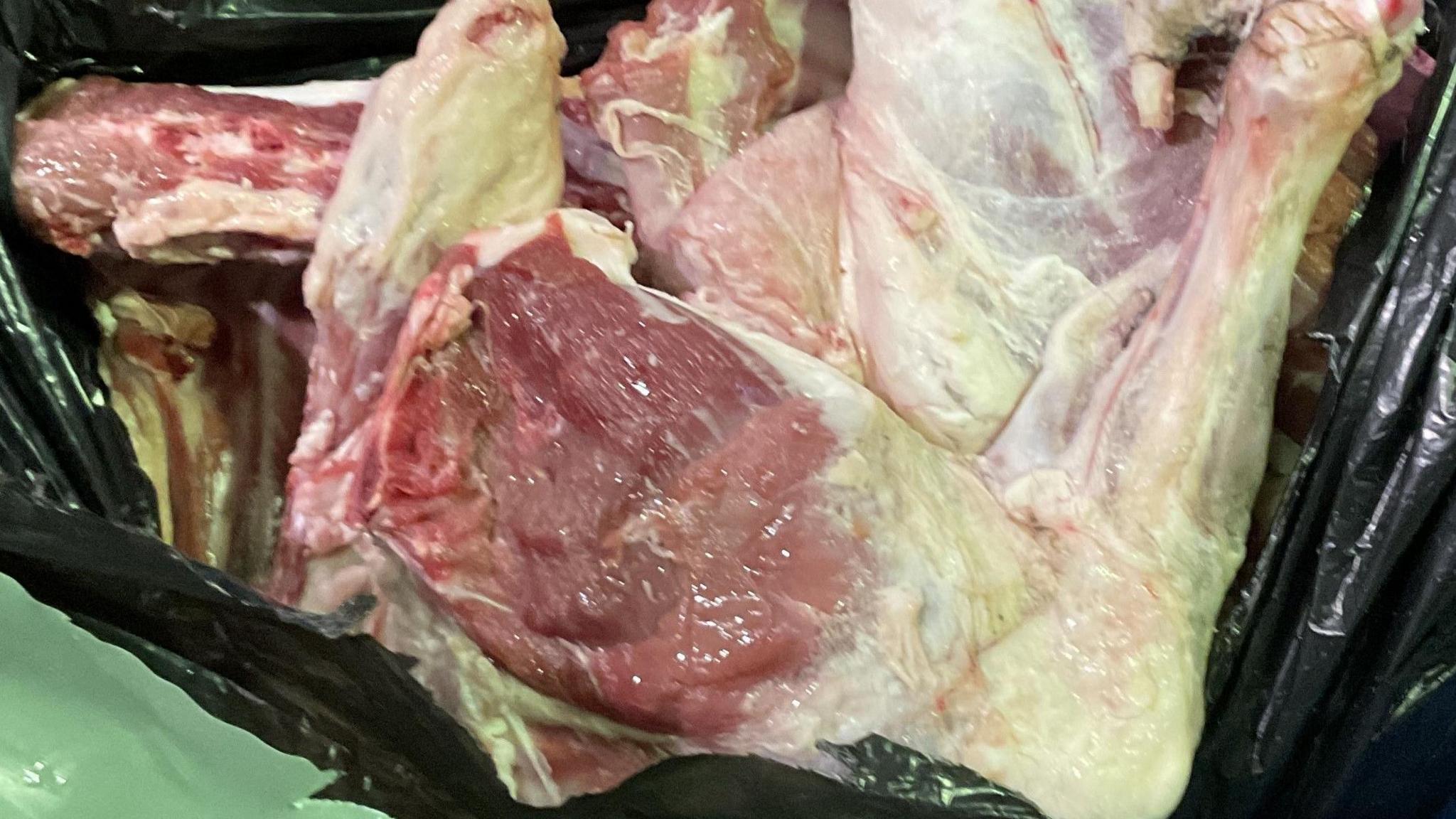
Dover Port Health Authority says "improved facilities and better conditions for our staff cannot wait"
- Published
The government has been warned it "cannot wait" before improving facilities to tackle illegal meat imports at the Port of Dover.
A report by MPs in September highlighted "enforcement weaknesses at the border" had created a "super highway" of illegal meat into England.
Dover District Council leader Kevin Mills said it was "critical for the UK economy and farming industry" that recommendations were "implemented swiftly".
The government says its "commitment to maintaining the country's biosecurity is unwavering".
The Environment, Food and Rural Affairs Committee said in its report that there was "no effective deterrent to meat smuggling and smugglers are operating with impunity".
Mills, whose council runs the Dover Port Health Authority (DPHA), said: "Legislative changes take time, but improved facilities and better conditions for our staff cannot wait."
He said the authority was "engaging positively" with the government over future funding for its work.
The authority claimed it was making record seizures of illegally imported meat, including 10 tonnes seized in a two-week period in September.
The select committee report called on the government to "lead an effective, mutual restoration" of its relationship with the DPHA.
Responding to the select committee report on Tuesday, the government said it was "committed" to doing so.
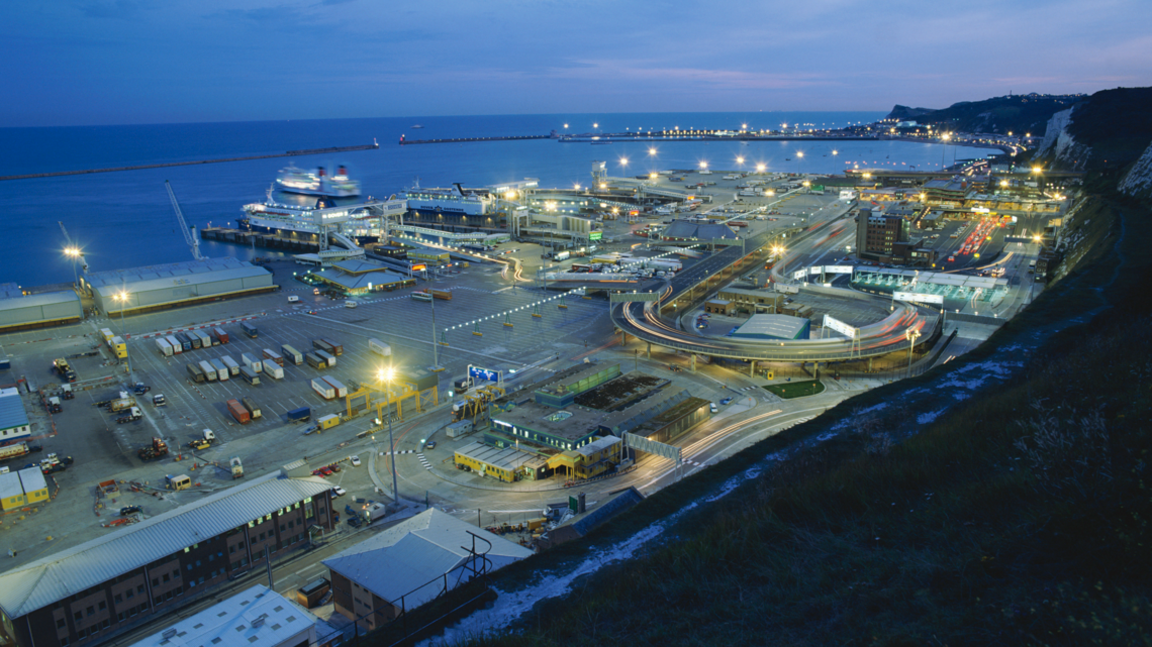
Ten tonnes of illegally imported meat was seized in a two-week period in September, according to the Dover Port Health Authority
The government said it would consider some other recommendations after talks over new shared plant and animal health measures with the European Union.
Negotiations were announced in May, but the committee of MPs said new arrangements were not expected to take effect until at least 2027.
The committee welcomed that the government "partially accepted many of its conclusions and recommendations" but said it was "concerned about the lack of urgency from ministers".
Committee chairman Alistair Carmichael MP said: "We cannot wait for the UK's negotiations with the EU to conclude, never mind wait for implementation."
The agreement "is not going to regulate those who chop up animals and transport them in suitcases", he said.
The government has pledged to spend £1bn upgrading an animal health research centre in Surrey into a "national biosecurity centre".
"This will help detect threats earlier, track diseases faster, and respond more effectively to keep the country safe," the government said.
Follow BBC Kent on Facebook, external, on X, external, and on Instagram, external. Send your story ideas to southeasttoday@bbc.co.uk, external or WhatsApp us on 08081 002250.
Related topics
- Published9 September
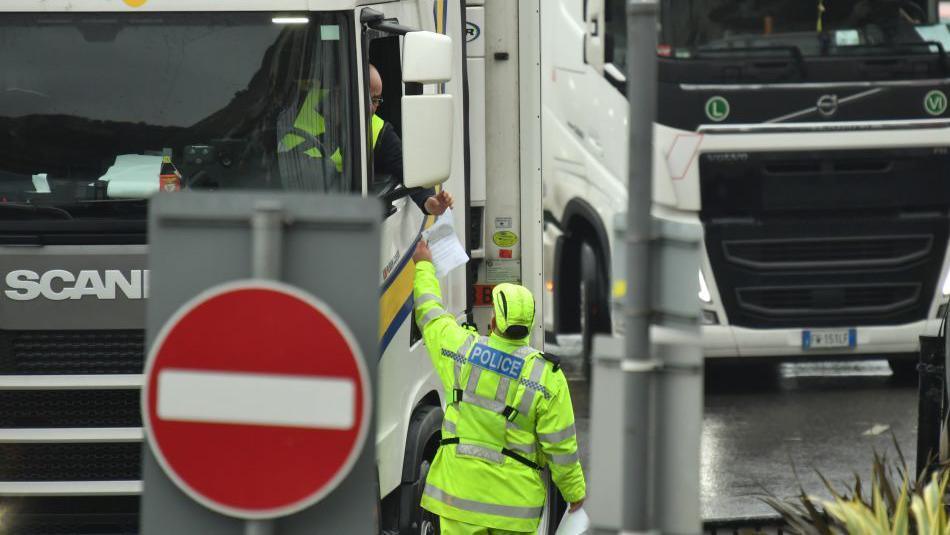
- Published5 February
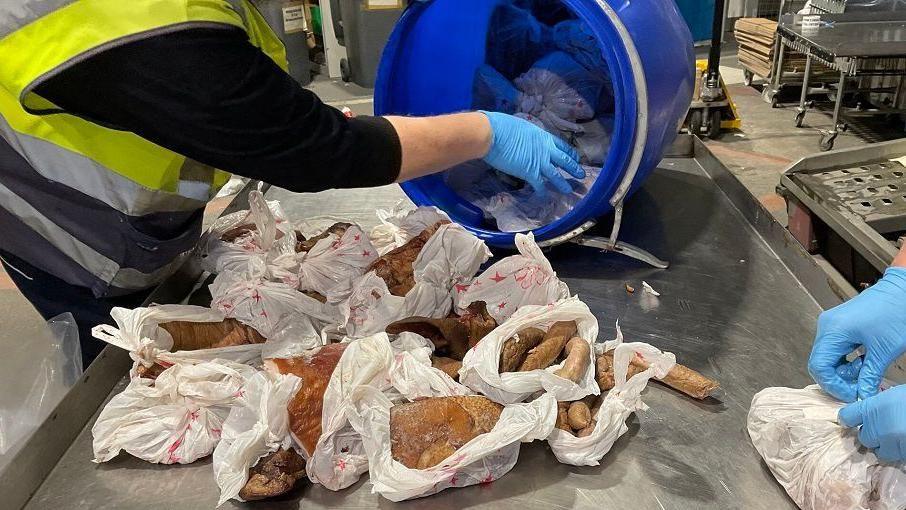
- Published16 May
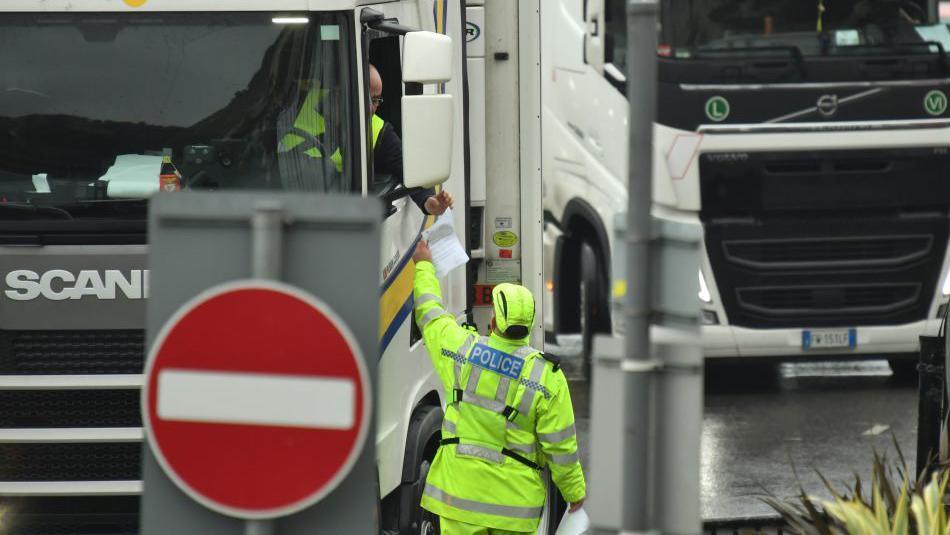
- Published24 June
